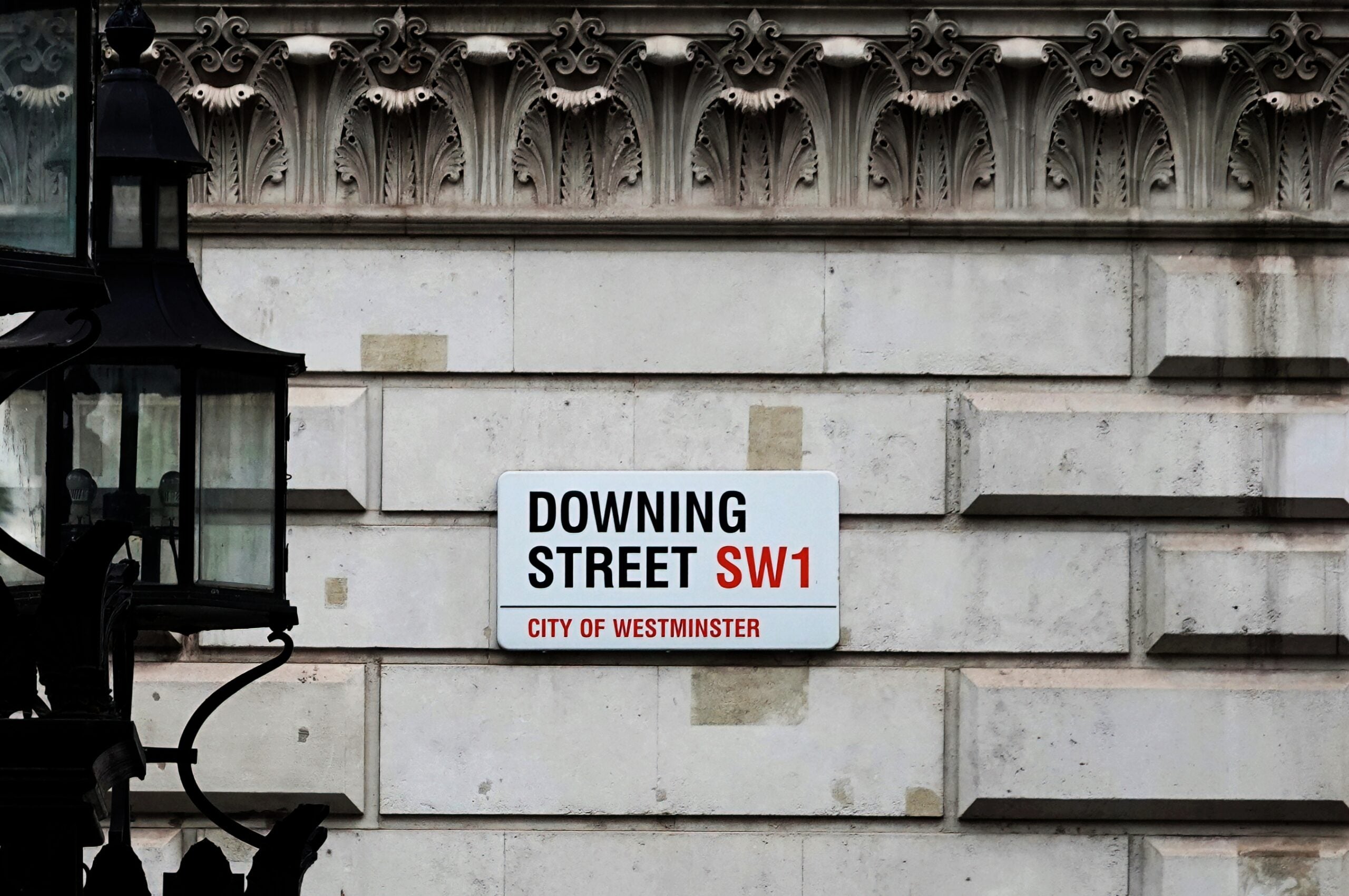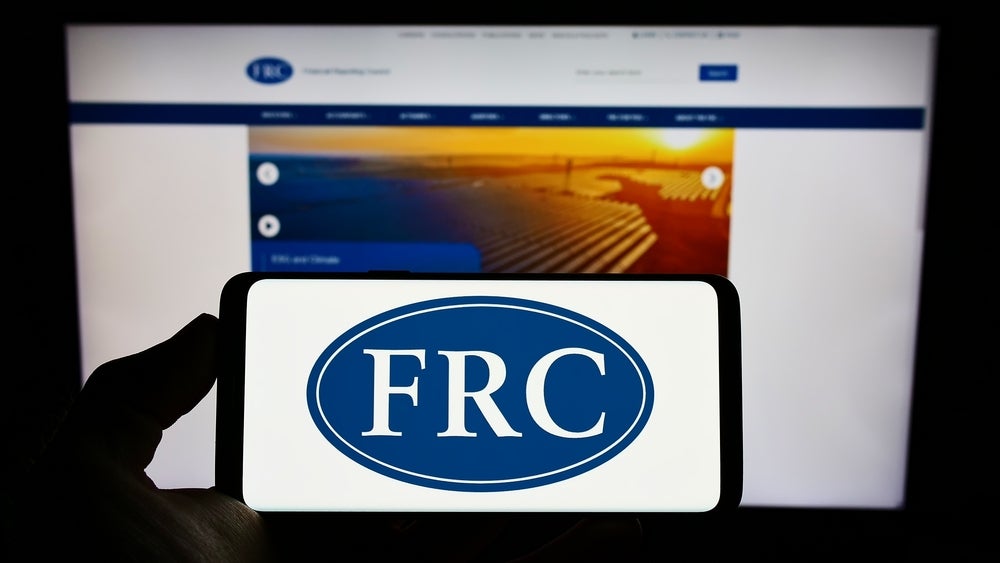
Following the Conservative leadership race, Liz Truss is set to become the UK’s next Prime Minister. The Accountant and International Accounting Bulletin bring you the latest industry reactions
CIPFA CEO Rob Whiteman said:
“The first job for Prime Minister Truss will be to get a grip on the energy crisis. The country needs decisive action.
“Not only do sky-high energy bills risk ruining the lives of millions, but they will also have a disastrous impact on public services, which will need to meet further increased demand for services and support in an already difficult environment.
“In July insolvencies were 67% higher than the previous year. Even more businesses may be forced to pull down their shutters permanently, leaving people jobless and increasingly reliant on the welfare system. Widespread business closures would also damage the tax base for local authorities at a time when they need revenues to be reliable and robust.
“If the new PM reverses the National Insurance increase, this will leave a gaping £12bn hole in funding for health and social care, which will need to be plugged. As winter approaches it brings with it immediate pressures for the social care and health sector, which need long-term funding to ensure these vital services remain sustainable, now and for the future.
How well do you really know your competitors?
Access the most comprehensive Company Profiles on the market, powered by GlobalData. Save hours of research. Gain competitive edge.

Thank you!
Your download email will arrive shortly
Not ready to buy yet? Download a free sample
We are confident about the unique quality of our Company Profiles. However, we want you to make the most beneficial decision for your business, so we offer a free sample that you can download by submitting the below form
By GlobalData“Speed is of the essence. So CIPFA calls on the new PM to provide urgent financial support to all those who need it now in order to prevent a worsening catastrophe for the most vulnerable in our communities.
“The PM nevertheless needs to keep an eye on the longer term, plan for the future and find financial and environmentally sustainable solutions to help fix a broken energy market once and for all.”
Blick Rothenberg director Simon Rothenberg said: “Liz Truss has led with the promise of significant tax cuts such as the reversal of Rishi Sunak’s 1.25% National Insurance, likely to be targeted at basic rate taxpayers only. Truss is also said to be favouring a substantial increase to the basic rate threshold, possibly as high as £80,000 – a promise Boris Johnson led with during the 2019 Conservative Party Leadership campaign but never materialised during his tenure. These will help, but they are not immediate fixes.
“I expect a budget in the coming weeks with a lot of promises before this around helping households with energy prices and the cost-of-living crisis – help is urgently needed, and it will be at a very significant cost to HM Treasury.”
“There was little or no promise to help, in the immediate future, the businesses who are being crippled by the complete lack of any energy price cap – tax cuts (including stopping the proposed increase in corporation tax to 25%) and a stronger economy will help tomorrow, but they need help today.”
“Pubs, restaurants, shops, hairdressers, along with all other businesses, are receiving their energy bills which, in some cases, show over a 500% increase over the previous bills. This is before they head into winter and while temperatures are still mild.
“Without any targeted support I fear our retail and hospitality sector will severely struggle over the winter months as households reduce their discretionary spend to afford their own increased prices. When coupled with the increased utility prices this will only hasten the closure of the high streets throughout the country to all but the largest chains. Small businesses need support now.”
Hargreaves Lansdown senior investment and markets analyst Susannah Streeter said:
‘’The new Prime Minister’s in-tray is overflowing with problems marked urgent, but none is more pressing than the cost-of-living catastrophe facing companies and consumers. Expectations that a Trussenomics solution will be found by slashing taxes and spending big is fuelling worries that inflation will not easily be brought under control and that the Bank of England will be forced to keep raising rates and keep them elevated for longer. Truss and her preferred candidate for Chancellor, Kwasi Kwarteng, are much more relaxed about higher levels of borrowing than their predecessors and that continues to cause jitters in financial markets. The pound is still hovering near 2.5 year lows at $1.148 while the yields on UK 10 year government debt are little changed at 2.93%. Yields have registered the biggest monthly rise since 1986 as Liz Truss hurtled towards Downing Street, throwing out promises of slash and spend on the campaign trail, which threaten to cause fresh problems for UK economy.
The weaker pound makes imports more expensive and with no immediate solution ahead to the painful rises in costs and the terrible squeeze on households’ budgets, supermarkets are under pressure. Ocado in the FTSE 100 dropped by 2.7% and both Tesco and Sainsbury’s also fell back. Despite expectations of a cut to VAT to help struggling firms, the bleak outlook for the UK economy has kept the hospitality sector in the red. As well as fears consumers will be strapped for cash in the months to come, soaring gas prices add more pain for companies, who are waiting in limbo for a package of support to be unveiled. The Restaurant Group, the owner of Wagamama, fell by 4%, Wetherspoons dropped by 2% and Whitbread fell by1%.
Weakness is persisting for housing stocks, given worries that mortgage repayments will become unaffordable for homeowners who were lulled into a false sense of security during the era of cheap money. Rightmove was down by more than 2% in the FTSE 100 while Barratt Developments and Persimmon slid further into the red.
Although higher interest rates will boost the net income margins for banks, a deteriorating economy could spell bad news in terms of demand for loans and worries are also increasing about the potential of bad debts mounting up as a recession looms. Unless there is a lifeline of support issued to help companies withstand the painful hikes in energy costs, its feared many will go to the wall. Lloyds shares have fallen by 1.4% and Barclays by 1.7%.
The new Prime Minister’s commitment to spending more on defence by upping the budget to 3% of GDP has boosted the sector, with BAE systems extending gains in early trade following news of her announcement. She is likely to take up the baton from Boris Johnson in his dedicated support for Ukraine and is likely to clamour for more support in terms of military hardware from European nations.
Her expressed distaste for a further windfall tax on the oil and gas sector will have added to the strength of energy giants today, which had already been boosted by the ratcheting higher of gas prices and the march back upwards of crude prices over supply constraints. BP and Shell were among the biggest climbers on the FTSE 100, while Harbour Energy in the FTSE 250 also gained more than 3%.’’





